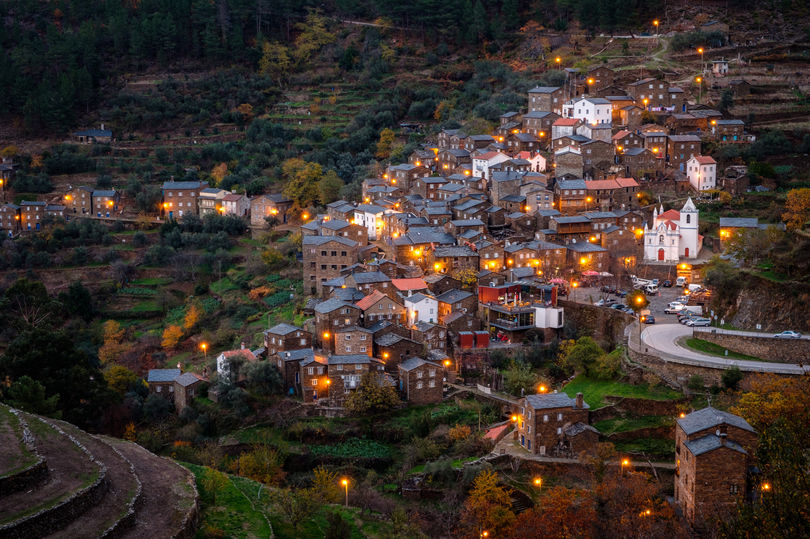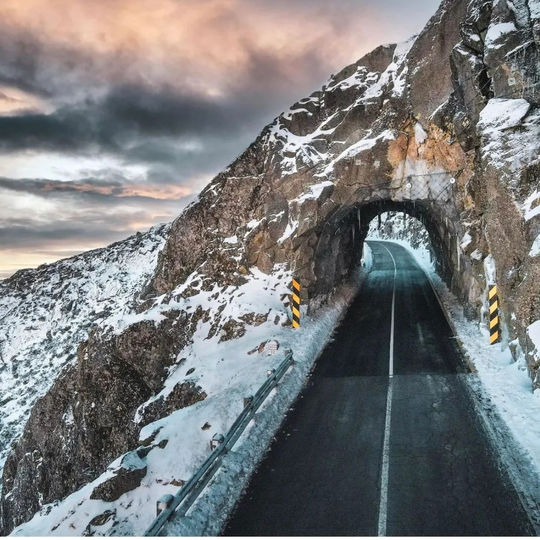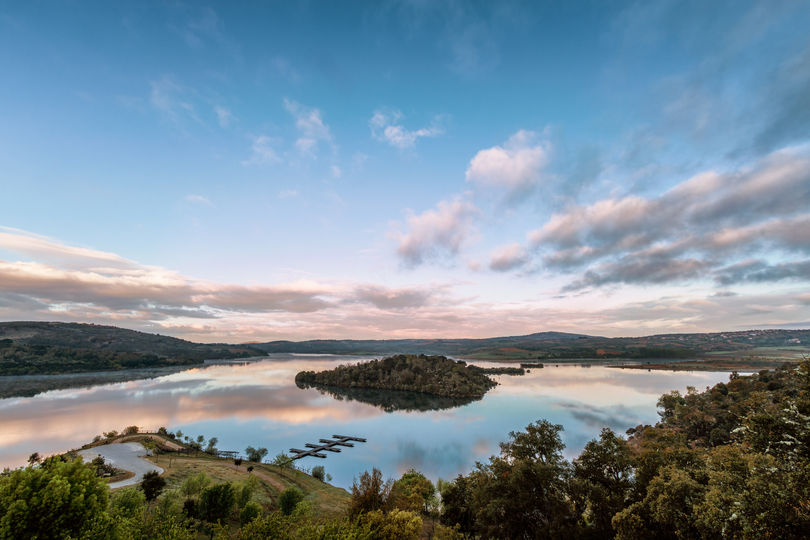To obtain the full experience that a country has to offer we should understand the things that might be seen in it - the monuments, the streets, the landscapes, the people… and we can only do that by knowing its history.
History
Portugal is one of the oldest countries in Europe. Its history is the combination of the story of Iberian tribes, Celtic peoples, the Roman Empire, Germanic kingdoms, Muslim invasions and the consequent Christian Reconquista, and finally, of the Exploration of the World.
During the Discovers, the Portuguese caravels crossed the seas, putting to use the best scientifically and practical knowledge of those days. During the 14th, 15th and 16th centuries they navigated to Africa, the Far East and the heart of the South American continent.
In 1498 Vasco da Gama discovered the maritime route to India and in 1500 Pedro Álvares Cabral arrived in Brasil. The Portuguese would still reach Oman Malasia, Timor, China, and Japan (1543). It was also a Portuguese, Fernão de Magalhães (sometimes referred to as Magellan), who planned and commanded the first circumnavigation of the Globe.
In the beginning of 20th century, a Republic was established and elected the first President of the Portuguese Republic. After a troubled period and the Portuguese participation at the First World War an authoritarian, one party regime dominated governed the country for almost half a century.
However, on 25 April 1974 the «Carnation Revolution» returned freedom and democracy to the Portuguese, swiftly recognizing the independence of the former African colonies.
Once again inside its original borders, Portugal turned round and faced Europe. In 1986 the country joined the CEE and, since then, the Portuguese have been enthusiastic participants in the construction of a new Europe, without however forgetting their history, their character and their traditions.
This small country, that once was a largest Empire discovered beauties and splendors around the world. Today, we invite the world to discover the wonders of Portugal.

Getting Here
Situated at the south-west point of Europe and including the Madeira and Azores archipelagos in the Atlantic Ocean, Portugal is just a few hours from any of the other European capitals.
Portugal’s excellent geographical position makes it a stopover point for many foreign airlines at airports all over the country. There are also 6 international airports (Lisbon, Porto, Faro, Funchal, São Miguel and Lages), 5 international ports and an accessible rail network.
Once here, you will find sceneries within close range to explore as it is possible to travel across Portugal by car in less than 5 hours, from north to south.
Entry Requirements
European Union nationals do not require an entry visa to enter Portugal but need to present an ID card or passport. Contrarywise, non-EU citizens working visas are required to enter Portugal.
So, you should find out in advance all the necessary requirements for entering national territory, according to the purpose of the stay, by contacting Portugal's diplomatic representation in your country of origin.
Make sure you have the appropriate visa for your stay and it is advisable that you check in about visa and entry requirements before making your travel arrangements. Working visas do take some time to be issued therefore it is advisable to start this process early.
During the stay, any foreign citizens should immediately contact their respective embassy or consular office in Portugal if their documents have expired or have been lost.










